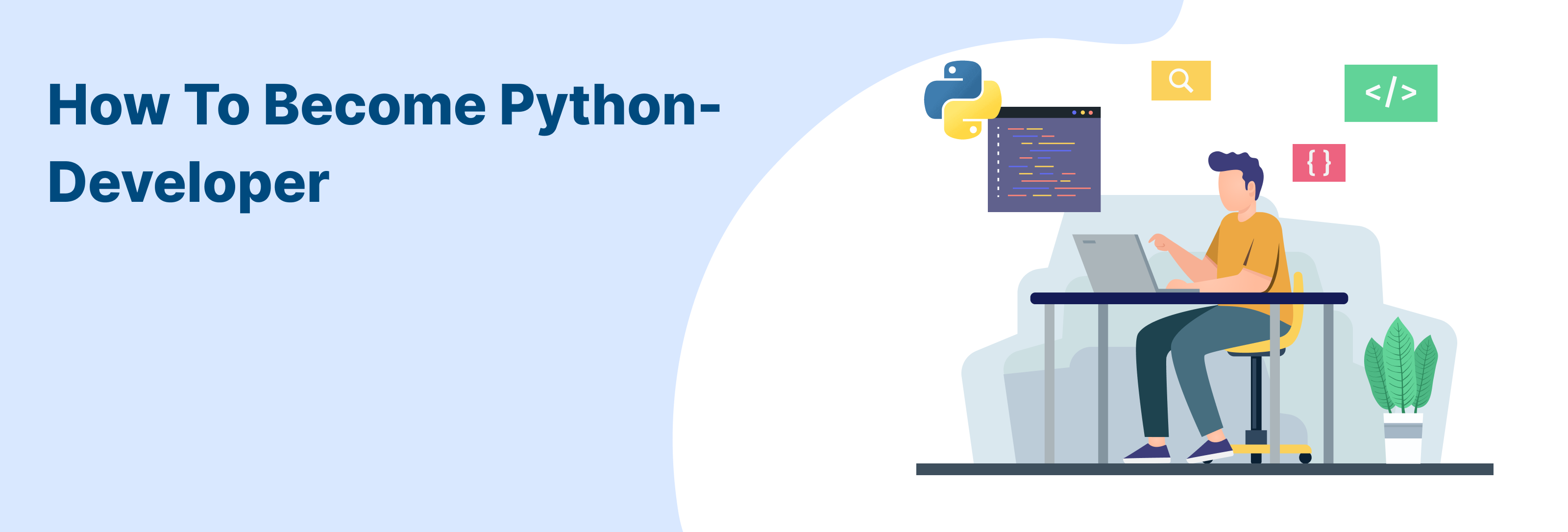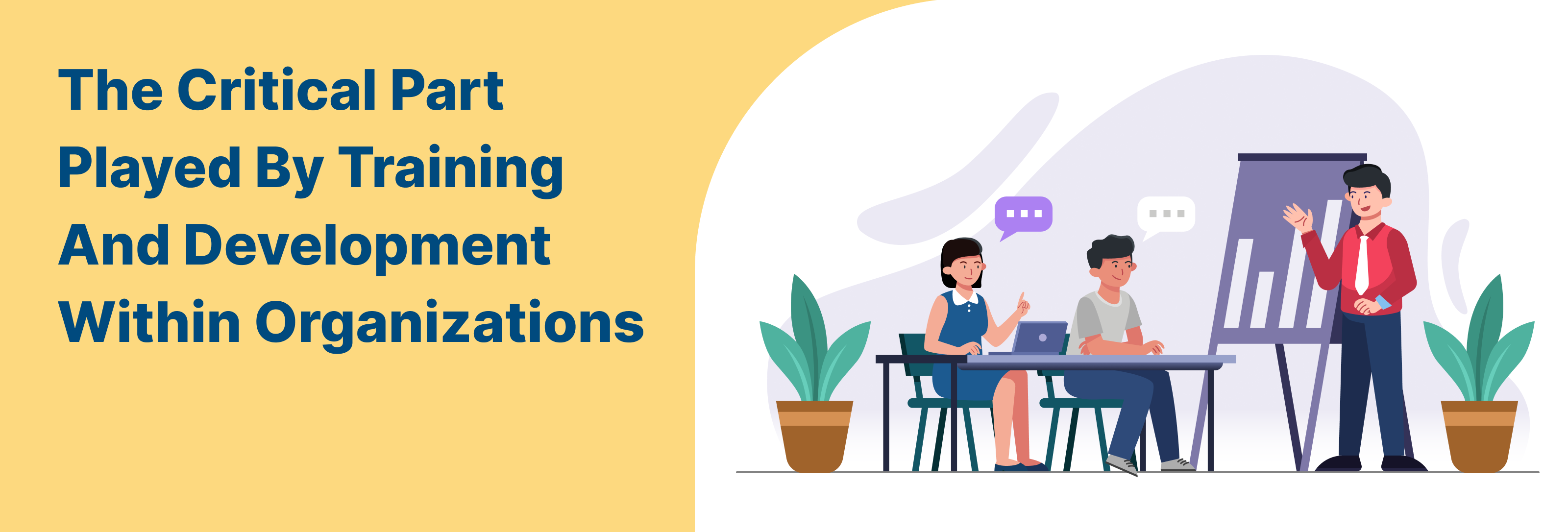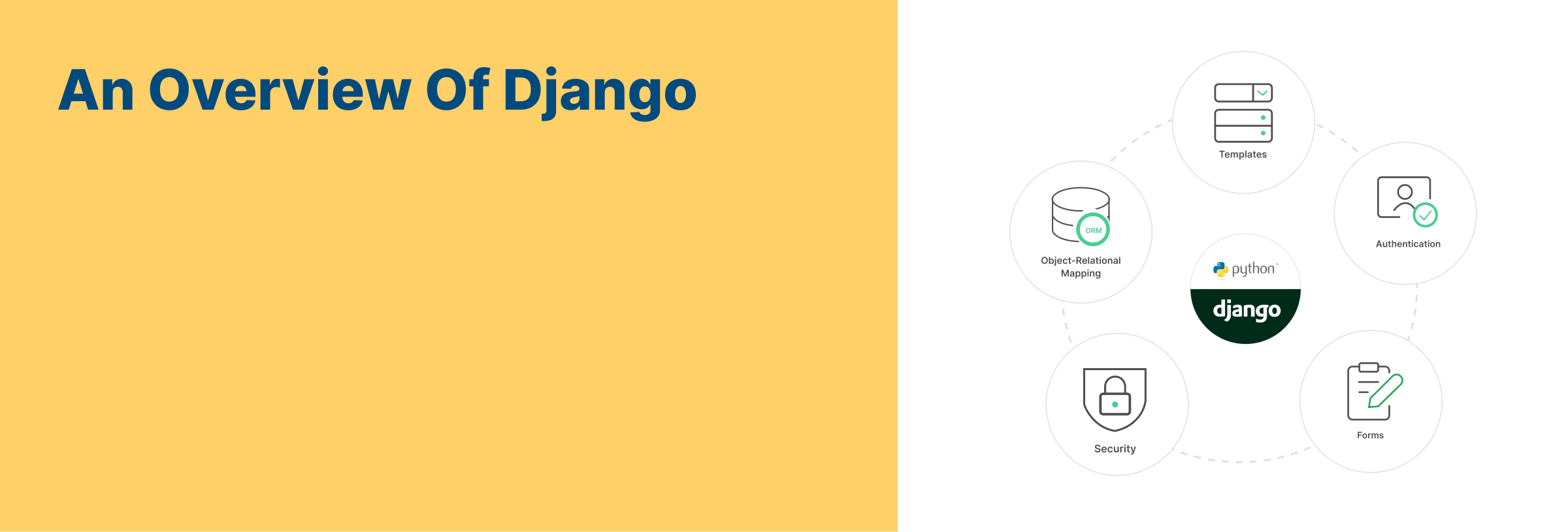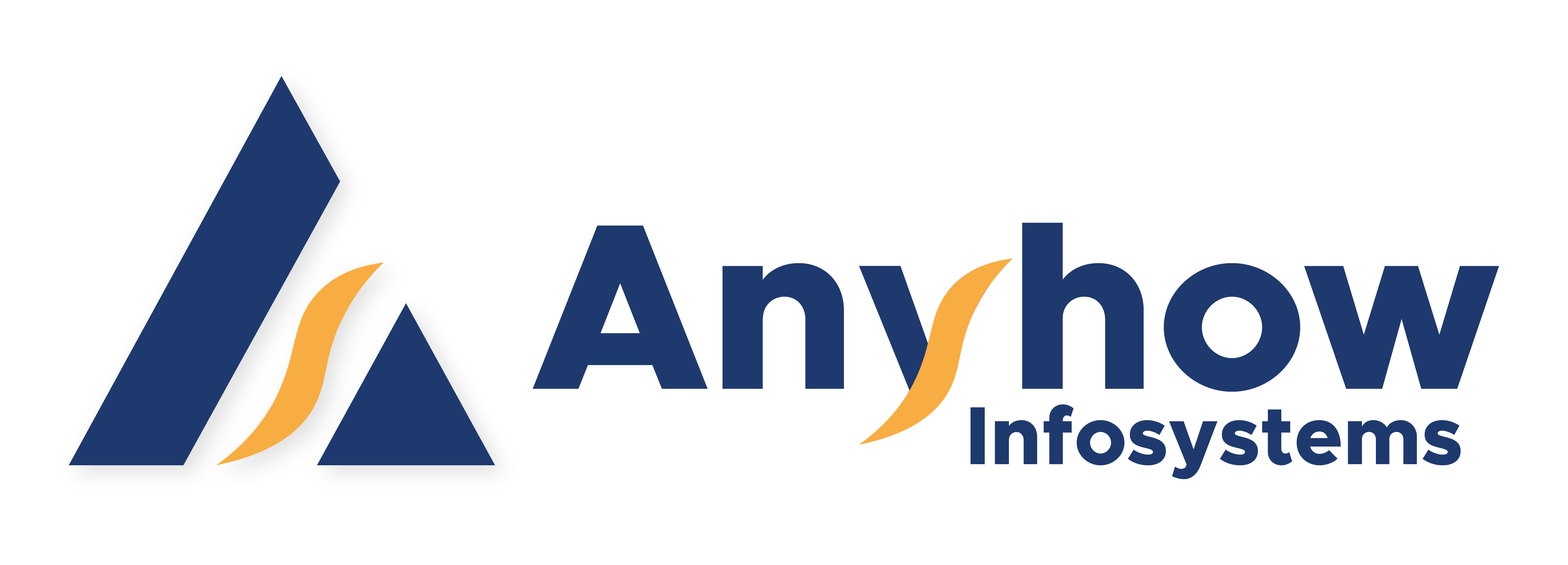How to Become a Python Developer?
Introduction:
Are you interested in becoming a Python developer but not sure where to start? Python is a versatile and powerful programming language used in a wide range of applications, from web development to data analysis and artificial intelligence. In this guide, we’ll outline the steps you can take to embark on your journey to becoming a proficient Python developer.
- Learn the Basics of Python:
- Start by familiarizing yourself with the basic syntax, data types, and control structures of Python.
- Utilize online resources such as tutorials, interactive coding platforms, and books to grasp the fundamentals.
- Practice writing simple programs and scripts to reinforce your understanding of Python concepts.
- Dive Deeper into Python Concepts:
- Explore more advanced topics such as object-oriented programming, modules, and libraries.
- Work on projects that challenge you to apply what you’ve learned, whether it’s building a small web application, automating tasks with scripts, or analyzing data sets.
- Master Python Libraries and Frameworks:
- Familiarize yourself with popular Python libraries and frameworks such as NumPy, Pandas, Flask, and Django.
- Learn how to leverage these tools to streamline your development process and build more complex applications efficiently.
- Build Real-World Projects:
- Start working on real-world projects to gain practical experience and showcase your skills to potential employers or clients.
- Consider contributing to open-source projects on platforms like GitHub to collaborate with other developers and enhance your portfolio.
- Stay Updated and Keep Learning:
- Python is a dynamic language with a vibrant community, so staying updated with the latest developments and best practices is crucial.
- Attend Python conferences, participate in online forums, and follow influential developers and blogs to stay informed about new tools, techniques, and trends.
- Practice Problem-Solving:
- Develop your problem-solving skills by regularly practicing coding challenges and algorithms on platforms like LeetCode, HackerRank, or CodeSignal.
- Challenge yourself with increasingly difficult problems to sharpen your analytical thinking and coding abilities.
- Network and Seek Mentorship:
- Connect with other Python developers through local meetups, online forums, and social media platforms like LinkedIn.
- Seek out mentors who can provide guidance, feedback, and career advice as you progress on your journey as a Python developer.
Conclusion:
Becoming a Python developer is an exciting and rewarding journey that requires dedication, continuous learning, and practical experience. By following these steps and staying committed to honing your skills, you’ll be well on your way to becoming a proficient Python developer capable of tackling a variety of projects and challenges. So, roll up your sleeves, dive into the world of Python, and unleash your creativity and problem-solving abilities. Happy coding!





